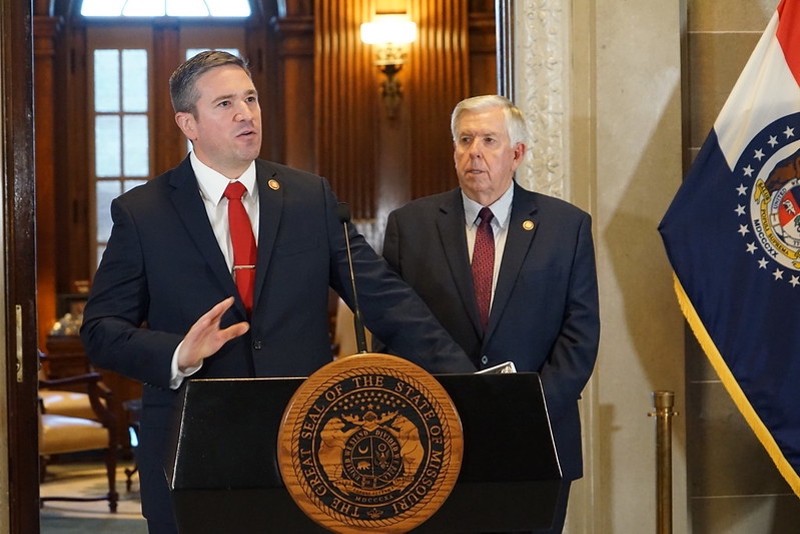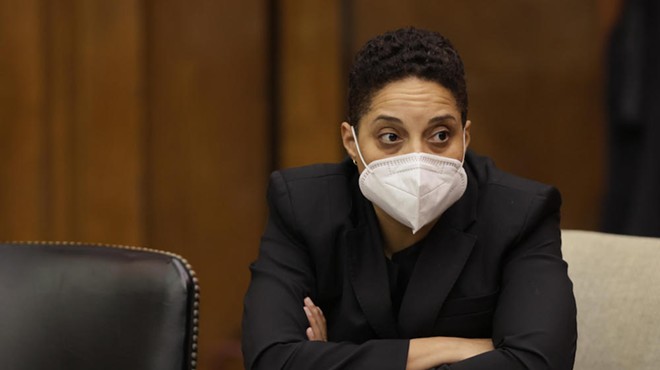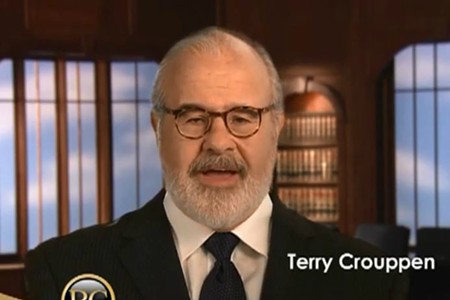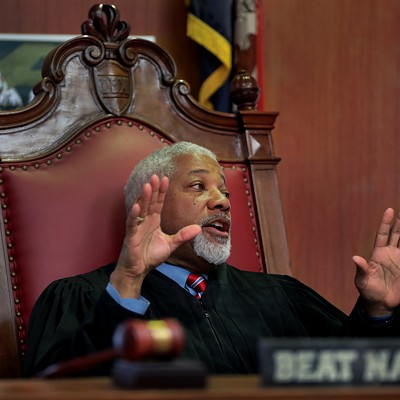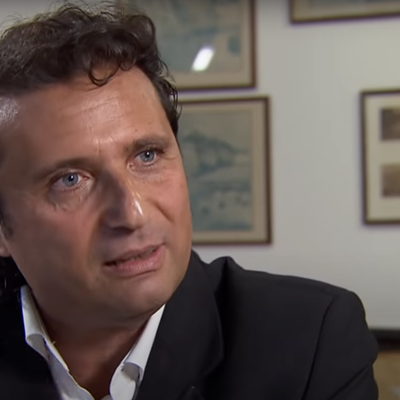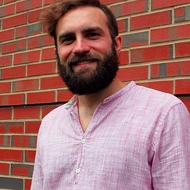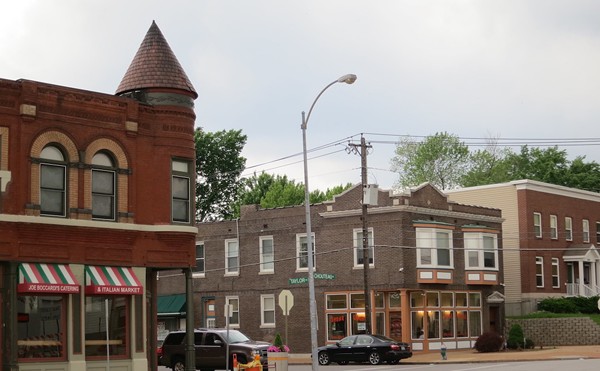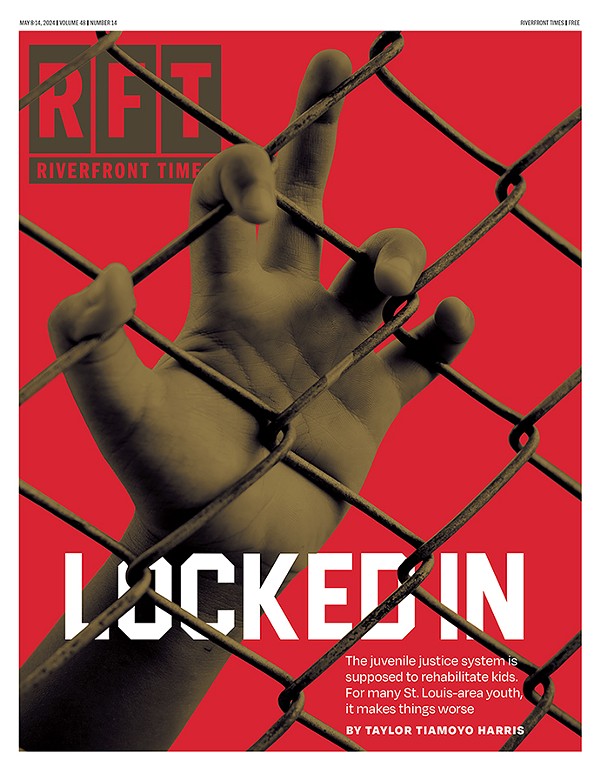St. Louis Circuit Attorney Gabe Gore has farmed out approximately 100 post-conviction relief cases filed with his office to an unusual assistant — Missouri Attorney General Andrew Bailey.
These cases, which in Missouri are technically civil litigation, represent a convicted person's challenge to either their conviction or sentence in a criminal case. Unlike appeals, these cases allow for new evidence to be introduced, and they go to the jurisdiction where the case originated, not the appellate court.
Bailey's office is handling the cases as part of its effort to stabilize the circuit attorney's office in the wake of the departure of Gore’s predecessor, Kim Gardner. But as a Republican who holds a statewide office, it’s safe to say Bailey represents a different way of approaching attempts to overturn a conviction than anyone likely to be selected by St. Louis voters. In fact, the attorney general's office has pretty much uniformly opposed overturning sentences of people found guilty.
In one very notable recent example, attorneys with the Missouri Attorney General's Office threw up roadblock after roadblock against the legal team for Lamar Johnson, a St. Louis man wrongfully convicted for murder in 1995 and whose decades-long quest to get out of prison ended in success earlier this year. In trying to block those efforts, lawyers for then-Attorney General Eric Schmitt went so far as to contest even the most basic underlying facts, including the time and location of the murder Johnson had been convicted of. That’s according to the Missouri Independent's Rebecca Rivas, who did a deep dive last year into the AG’s long history opposing wrongful-conviction-cases.
While Johnson's case was a wrongful conviction case, not one of post-conviction relief, attorney Joe Welling points out that both types of cases deal with situations in which "interests in justice are in tension with interests in finality."
Historically, the attorney general's office has been interested in finality, meaning that once a verdict has been rendered it almost always defends it.
Even so, Bailey’s efforts to assist with post-conviction appeals in St. Louis may be more of a continuation of the circuit attorney’s handling of such claims under Gardner than a break from it.
Nina McDonnell, a former public defender who now has her own private practice, McDonnell Appeals, says that she's never found the attorney general's office to be particularly easy to deal with on those appeals and she suspects it will be the same with the cases they are handling for the circuit attorney's office.
However, she says virtually all post-conviction relief appeals were dead on arrival at the Circuit Attorney’s Office when Gardner was in charge.
"At Kim's office, a blanket rule was that we do not negotiate PCRs," McDonnell says. She adds that this held true even when there were obvious examples of people who had ineffective legal representation and shouldn't be in jail.
She says she has hope that things will eventually be better with Gore in charge, though she doesn't have high hopes for the cases Bailey is handling.
"It doesn't matter what the case is. It doesn't matter if justice is going to be served. They are going to fight it," she says of both Bailey and Schmitt before him.
"Old timers have told me you used to be able to call the AG's office and say, 'Hey, you got to look at this,'" says McDonnell. "But those days are over."
Bailey, in a brief interview with RFT last week, defended his predecessor's handling of the Johnson case, saying Schmitt acted properly.
"That was one of the first times that statute had been used," Bailey said, referring to a 2021 state law that gave prosecutors a path to appeal cases that had been decided in their jurisdictions. "I think he appropriately fulfilled his role in that process, and sought to not only litigate the case, but also to provide clarity from the court."
Bailey says that as attorney general he is committed to "ensuring the rule of law is respected, there is a finality of judgments and that we're respecting the rights of victims."
As for the 100 or so post-conviction cases his office is handling on behalf of Gore, Bailey says he's going to take a "case by case approach" with each one.
Circuit Attorney spokeswoman Chrstine Bertelson says that the attorney general's role in post-conviction relief cases is appropriate "given the understaffing and unprecedented volume of backlog of cases that existed when Mr. Gore was appointed."
She adds that it was already a matter of practice that the attorney general's office generally handled post-conviction cases in St. Louis that were appealed to the appellate courts.
We welcome tips and feedback. Email the author at [email protected]
or follow on Twitter at @RyanWKrull.
Subscribe to Riverfront Times newsletters.
Follow us: Apple News | Google News | NewsBreak | Reddit | Instagram | Facebook | Twitter | Or sign up for our RSS Feed

